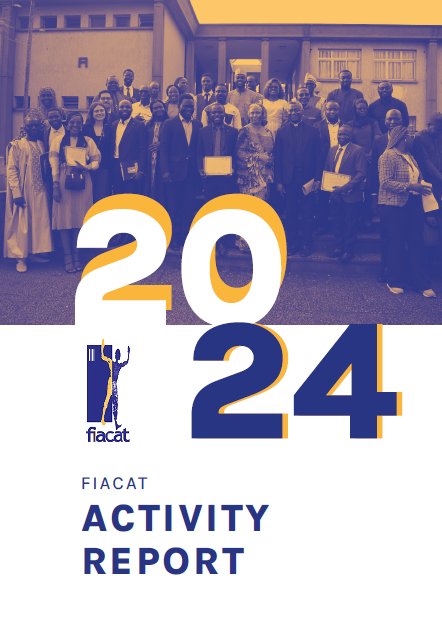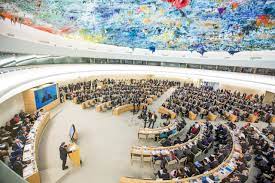Statement by the International Federation of ACATs (FIACAT)
42nd session of the Human Rights Council
General debate on item 3
Thank you, Mr. President,
FIACAT thanks the Secretary General for his annual supplement to his quinquennial report on capital punishment.
The question of the resumption of the use of the death penalty is particularly important in the current context. While there has been some progress towards the abolition of the death penalty, some setbacks must be noted.
In the Philippines, President Duterte's position on the death penalty is of great concern. Following the senatorial elections last May, the project to restore the death penalty could be relaunched and adopted contrary to the Philippines' international commitments, including its ratification of the Second Optional Protocol to the ICCPR.
In the United States, the government announced the resumption of executions of people sentenced by federal courts after 16 years of interruption.
In Niger, while no death sentences were handed down in 2017 and 2018, the courts of assizes in Zinder (in March 2019), Niamey (in June 2019) and Tahoua (in September 2019) handed down 9 death sentences.
In Chad, the law on the suppression of acts of terrorism and the death penalty for perpetrators of or accomplices to acts of terrorism has also marked a significant step backwards. Indeed, this law retains a very vague definition of terrorism that makes it possible to include all kinds of offences not related to terrorism, as was the case when 4 people were convicted of murder on 27 August 2018. However, FIACAT welcomes the discussions on the revision of this law, which provides for life imprisonment as the maximum penalty and encourages the Chadian government to speed up its adoption.
Faced with these setbacks, FIACAT reiterates its call for the abolition of the death penalty by all States and not to reverse the progress made towards abolition.
Thank you very much.




